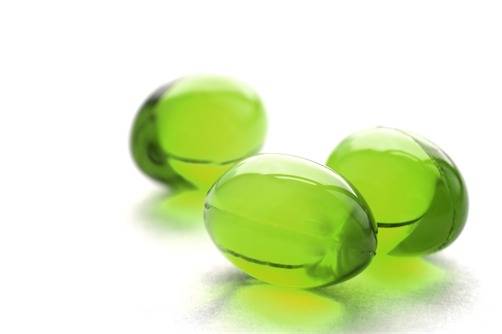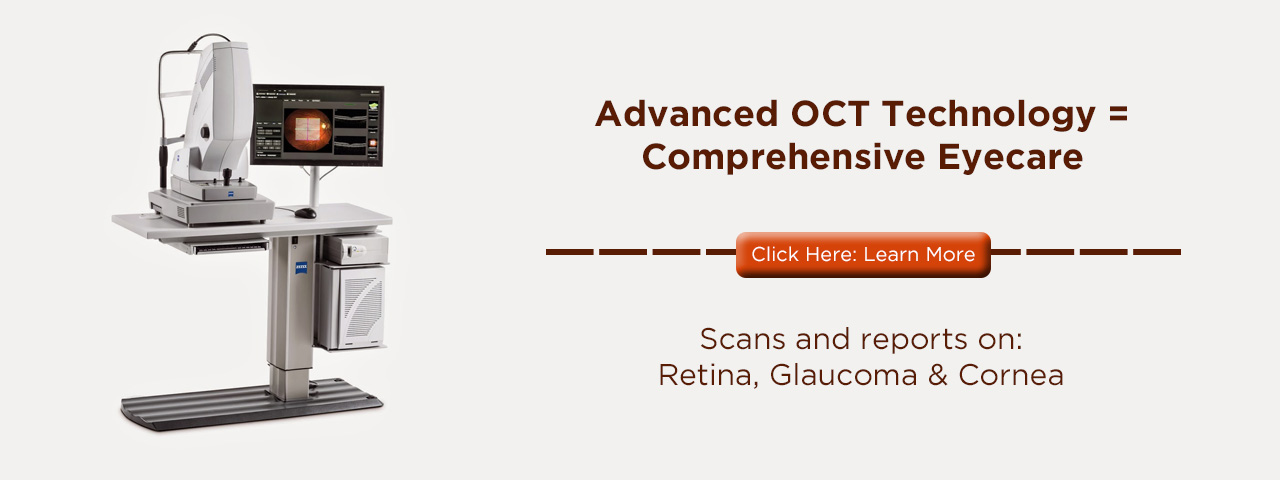 Macular degeneration is a serious disease of the macular area of the retina. The macula is where your eye focusses your central vision. The macular tissue sometimes deteriorates as we get older and we gradually lose the ability to drive, read, and function normally.
Macular degeneration is a serious disease of the macular area of the retina. The macula is where your eye focusses your central vision. The macular tissue sometimes deteriorates as we get older and we gradually lose the ability to drive, read, and function normally.
There is some evidence that certain vitamins and dietary nutrients can reduce the chance of macular degeneration. A large scientific study called the AREDS2 study identified a number of nutrients that might reduce the risk of macular degeneration. These formulations are available over-the-counter in most drug stores. Typical brands include Ocuvite, ICaps, and PreserVision. There are not many difference between these formulations, as they all use the AREDS2 recommendations.
There is also some evidence that omega-3 fatty acids help reduce the risk of this disease. Good sources of Omega-3 fatty acids include salmon, flax seed, and fish oil capsules. Another helpful nutrient is lutein. There is a lot of lutein in dark, green, leafy vegetables like spinach, collards, turnip greens, and kale. Cooking these vegetables does not hurt lutein.
Studies show Vitamin D seems to lower the risk of getting this disease, but does not help much once the disease has begun. Smoking makes macular degeneration significantly more likely.
We always evaluate your macula during your yearly eye exam. We also take digital retinal photographs to help look for signs of macular degeneration. This also lets us evaluate any changes that occur from year to year. The first sign of macular degeneration is a color change in the macula. We usually see that before you see any problems with your vision. We also now have an OCT instrument which gives us a non-invasion way to evaluate the deeper layers of your macula. A good source for more information about macular degeneration is http://www.amd.org.

